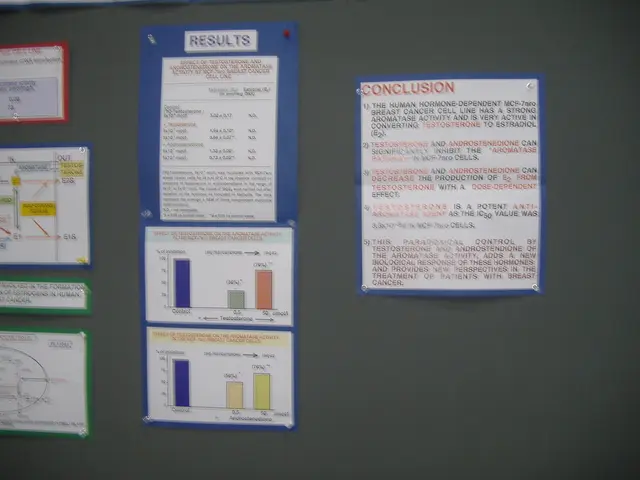A Look at Germany's Migration Policies: Focus on Asylum Seekers from Georgia, Nigeria, Turkey, Azerbaijan, Serbia, and Armenia
Granted approvals for residency permits in 189 instances by the Commission. - Granted permits for residency in 189 instances by the Commission.
Want to know more about Germany's migration policies, specifically for individuals hailing from countries like Georgia, Nigeria, Turkey, Azerbaijan, Serbia, and Armenia? Here's the lowdown!
Last year, the Berlin Hardship Commission (“the Commission”) managed to secure residence permits for 189 rejected asylum seekers, according to the Senate's Department of the Interior. Out of the 211 requests from the Commission, 89.6% were approved, providing these applicants with the opportunity to stay in Berlin.
Residence Permits and the Hardship Commission
The Commission, which boasts representatives from churches and welfare associations, serves as a vital resource for individuals with migration or refugee backgrounds who aren't eligible for residence permits through other legal channels in Berlin. In cases where individuals are about to lose their residence permits and there are urgent personal or humanitarian reasons, the Commission can potentially intervene.
When the Interior Senator Iris Spranger (SPD) approves a hardship request, the State Office for Immigration issues a residence permit. In 2023, around 90.5% of hardship cases were approved, which is impressive compared to the 76.7% and 72.4% from the preceding years.
Humanitarian Assistance in Action
Spranger expressed her appreciation for the Commission's efforts, stating, "With their help, we can prevent disproportionate hardships in immigration law." By working together, they can make a real difference for eligible applicants in need of assistance.
While specific applicant numbers weren't disclosed, the Commission handled a total of 283 cases involving 435 people last year. It's worth noting that Germany's migration policy doesn't only extend to these countries; similar considerations apply to all asylum seekers. However, political and humanitarian circumstances specific to each country might influence individual cases.
With Germany's new government in place, some stricter border control measures and documentation requirements have been implemented. However, the emphasis is still on ensuring that vulnerable individuals receive assistance where needed. Gone are the days when asylum seekers could expect a free pass without proper documentation or legal grounds.
In terms of the broader policy landscape, the Commission's work highlights the ongoing importance of humanitarian assistance and support for those in need. Stay informed about the latest updates in migration policy, and remember that there's always a chance for a better future—even when the odds seem stacked against you.
- Germany's employment policy extends beyond asylum seekers from countries like Georgia, Nigeria, Turkey, Azerbaijan, Serbia, and Armenia, but the Berlin Hardship Commission plays a crucial role in securing residence permits for individuals ineligible for permits through other legal channels.
- In 2023, the Commission, which comprises representatives from churches and welfare associations, successfully intervened in 89.6% of hardship cases, preventing disproportionate hardships in immigration law, as acknowledged by Interior Senator Iris Spranger.
- As part of the migration policy, the Commission operated on 283 cases involving 435 people last year, demonstrating the importance of humanitarian assistance and support for those in need.
- Stricter border control measures and documentation requirements have been implemented under Germany's new government, yet the emphasis remains on providing assistance to vulnerable individuals, signifying a shift away from offering a free pass to asylum seekers without proper documentation or legal grounds.








